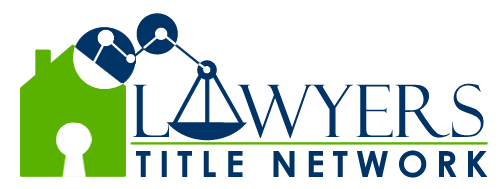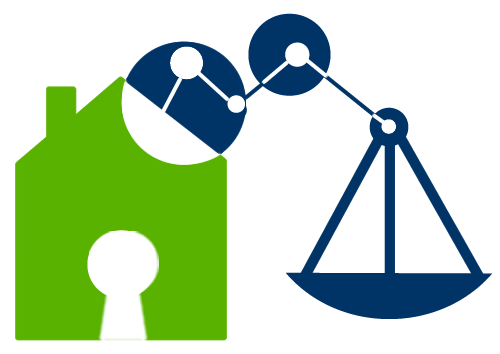- Have any questions?
- (407) 459-1430
- [email protected]
Closing costs are a variety of fees that are paid at the closing of a real estate transaction. These fees, which can total 2 percent to 7 percent of the final sale price, typically include loan, appraisal, and title fees as well as payments for your credit report and home inspection.
R eal estate is valuable and transferring real estate from one owner to another can be complicated. So buyers and sellers often hire a number of third parties to assist with the transaction. The parties can include banks, attorneys, insurers, and inspectors.
Naturally these individuals seek compensation for their efforts. Over time, it has become standard practice to pay many of them at closing. Closing is the final step in a real estate transaction, or when ownership of the property is formally transferred from the seller to the buyer. So a closing cost is any fee paid at this time that is not included in the final sale price of the property. Closing costs vary widely from transaction to transaction. However, when you add them all up, they generally amount to 2 percent to 7 percent of the final sale price, according to the National Association of Realtors. So on a home worth $200,000, you can reasonably expect to pay $8,000 to $14,000 in closing costs.
Closing costs are incurred by either the buyer or seller.
Who Pays Closing Costs?
Closing costs consist of expenses for both the buyer and the seller. The breakdown of who pays what can vary by region and the details of the transaction. However, the buyer typically pays more. This is because the bulk of closing costs consist of fees related to the mortgage. Sellers usually pay taxes on the home sale and a fee for the title transfer as well as the real estate commission for the agents involved.
Sometimes closing costs can be rolled into the general negotiation on the price of the home. This too can affect who pays. For example, a buyer may agree to accept the home in as-is condition if the seller agrees to cover some of the closing costs. Closing costs are also sometimes financed as part of the sale price of the home. Here the buyer still pays, but as part of the regular mortgage payments rather than upfront and in cash.

Home buyers can negotiate with the seller over who pays these fees
What Closing Costs Can I Expect?
There are dozens of fees and expenses that can come up during closing. Here are some of the most common.
Loan origination fee – This covers the lender’s administrative costs for the loan and is paid by the buyer.
Loan application fee – The loan application fee covers the lender’s costs for processing the mortgage application. The buyer pays it.
Cost of Credit Report – The bank will often charge the buyer and costs for running her credit report.
Attorneys fees – Both buyers and sellers may accumulate attorneys fees during the course of the transaction.
Appraisal – The buyer typically pays an appraisal company to assess the fair market value of the home.
Home inspection – Most real estate transactions also involve inspections for structural integrity, pests, lead-based paint, etc. The buyer typically pays these costs.
Underwriting fee – The buyer must pay the lender for the costs of assessing her creditworthiness.
Title search – A title company should research the property to ensure it has no outstanding claims. The buyer typically pays for this service.
Survey fee – The buyer may pay a surveyor to evaluate the property boundaries.
Taxes on the home sale – The seller will need to pay taxes on the money received as part of the sale.
Tax stamps – The buyer will need to pay taxes on the money borrowed to finance the home.
Property Tax – Sometimes the buyer is asked to make the first property tax payment at closing.
Homeowner’s insurance – The buyer often pays the first year of homeowners insurance at closing.
Initial interest – Lenders will ask buyers to pay interest on their mortgage for the period between closing and the first mortgage payment.
Closing fee – The seller must compensate the title company or attorney that conducts the closing.





